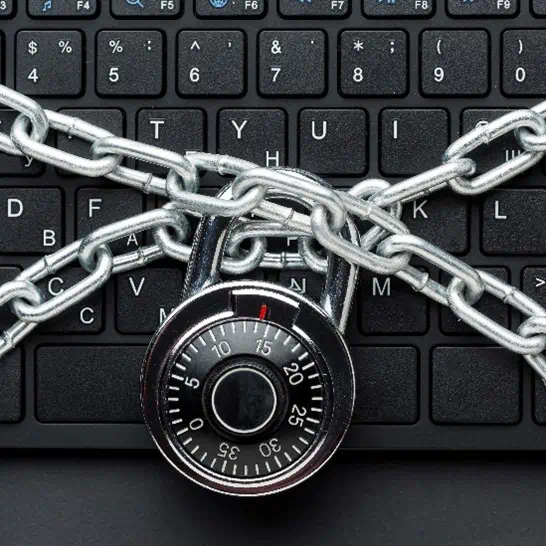Storing Your Most Important Information: Choosing the Best Option
In a world where so much of life is digital, keeping personal and business information safe has never mattered more. Your documents and data carry real value and deserve proper protection. That raises a few important questions: Where should you store them? Who can access them if something happens to you? Can you reach what you need, wherever you are?
There are several ways to store information, each with strengths and drawbacks. Here is how they compare, and how to choose what is right for you.
Option 1: A Traditional Safe
Keeping paper documents in a home or office safe keeps them offline and out of sight. It also introduces practical limits: anyone with the key or combination can get in; fire or flood can destroy contents; and you must be physically present to retrieve what you need, which is no help if you are away or someone else needs access urgently.
👉 Related: Which documents are essential for your estate plan
Option 2: Hard Drive or USB Stick
Portable drives are convenient and inexpensive, but they are also fragile. They can be lost, damaged, or stolen. Without encryption and regular backups, you risk total data loss. Many organisations now restrict or ban external storage to avoid data breaches.
Option 3: A Trusted Local Server
Storing files on a server owned by someone you know can feel reassuring. In practice, local servers often miss security updates and lack redundancy. A power surge, fire, or hardware failure can put everything at risk.
Option 4: Professionally Managed Cloud Storage
Reputable cloud providers invest heavily in security, monitoring, and backups. Services such as Microsoft Azure offer high availability, rapid patching, geographic redundancy, and strong access controls. Used properly, this is one of the safest and most flexible options.
👉 Learn more about our Microsoft Azure-based security
Option 5: Secure, Certified Platforms Designed for You
Specialist platforms combine the strength of enterprise cloud with tools built for everyday use. Life After Me is one such platform.
Your information is:
Hosted in the Microsoft Azure cloud within Europe
Protected by robust standards including ISO 27001, GDPR-aligned controls, and Thuiswinkel Waarborg
The result is a secure, private space that stays accessible to you and, if you choose, to the people you trust.
👉 FAQ: How does Life After Me secure my data?
How to Choose Well
Use this quick checklist to select the right solution:
Security standards: Look for recognised certifications and regular independent audits
Data residency: Ensure your data is stored in the jurisdiction you expect
Access control: Set precise permissions, with two-factor authentication and recovery options
Backups and continuity: Check for version history, redundancy, and tested recovery processes
Privacy: Make sure data is encrypted in transit and at rest, and never shared without your consent
Ease of use: If it is simple, you will keep it up to date; if it is complex, you will not
Portability: You should be able to export your data if you ever want to move
Support: Reliable help when you need it
Peace of Mind with Life After Me
Your information is more than just digital files. It is the record of your life and work, and it deserves the highest level of care.
With Life After Me, you can keep everything in one secure place and decide exactly who can access it, and when. That means confidence today and clarity for the people who may need your help tomorrow.





